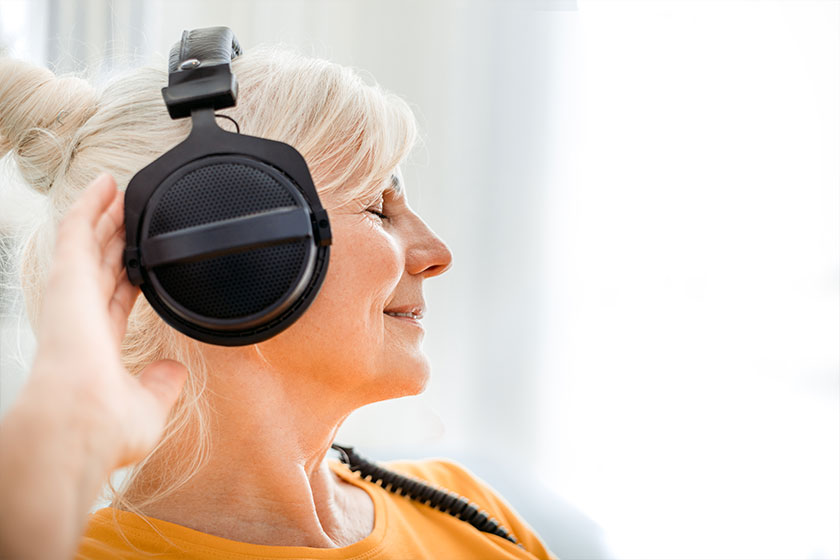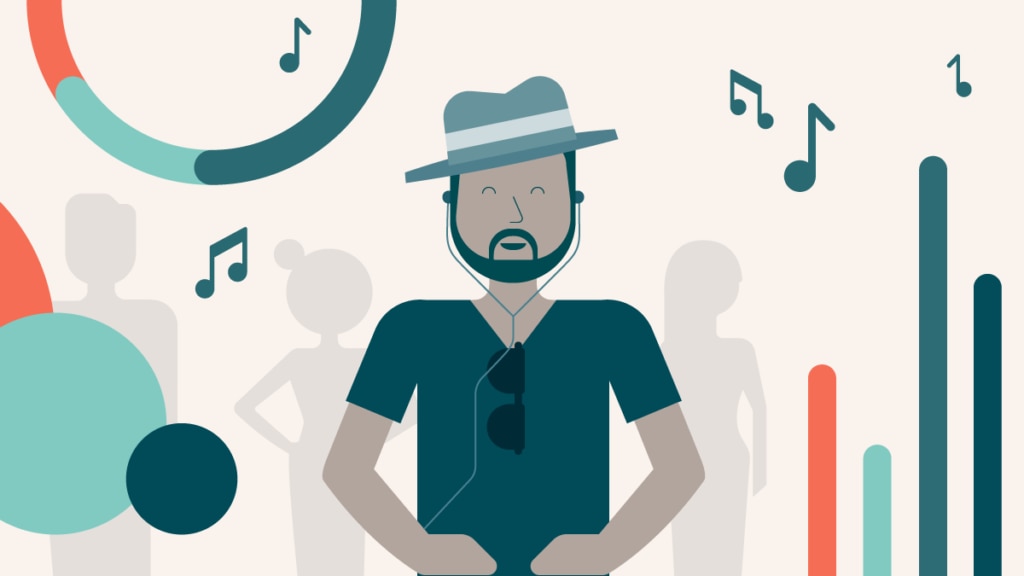A Biased View of Music
Wiki Article
A Biased View of Singing
Table of ContentsThe Ultimate Guide To SongsAll about MusicThe Ultimate Guide To MicrophoneThe Greatest Guide To MusicAll about Piano
Scientists know that listening to music engages your brain — they can see the active areas light up in MRI scans. Researchers now know that just the promise of listening to music can make you want to learn more. In one 2019 study, people were more motivated to learn when they expected to listen to a song as their reward.In one , researchers gave people tasks that required them to read and then recall short lists of words. Those who were listening to classical music outperformed those who worked in silence or with white noise. The same study tracked how fast people could perform simple processing tasks — matching numbers to geometrical shapes — and a similar benefit showed up.
Mayo Clinic points out that while music doesn’t reverse the memory loss experienced by people with Alzheimer’s disease and other forms of dementia, music has been found to , helping people with mild or moderate dementia remember episodes from their lives. Entertainment. Music memory is one of the brain functions most resistant to dementia.
Music literally changes the brain. Neurological researchers have found that listening to music triggers the release of several neurochemicals that play a role in brain function and mental health:dopamine, a chemical associated with pleasure and “reward” centersstress hormones like cortisolserotonin and other hormones related to immunityoxytocin, a chemical that fosters the ability to connect to others, Although more research needs to be done to understand precisely how music can be used therapeutically to treat mental illness, some suggest that music therapy can improve the quality of life and social connectedness for people with schizophrenia - https://telegra.ph/The-6-Minute-Rule-for-Instruments-11-03.
Not known Details About Guitar
The same research review found that drum circles also had above-average benefits for people dealing with depression. Music can make you want to move — and the benefits of dancing are well documented. Scientists also know that listening to music can your breath rate, your heart rate, and your blood pressure, depending on the music’s intensity and tempo.Working with a music therapist is one effective way to take advantage of the many benefits music can have on your body, mind, and overall health.
All of our human senses — including hearing — are processed by the brain. Keeping the brain active by stimulating it in a variety of ways can protect brain health, particularly as we age. This is why listening to music is one of the activities that can have a positive effect on brain health.
Music activates almost all of your brain’s different regions and networks. It also strengthens connections between different parts of the brain. This includes the areas responsible for: In fact, the only other activity that activates as many brain regions as music is taking part in social interactions. According to a study on the effects of music on cognitive skills, listening to soft background music may improve cognition.
Top Guidelines Of Songs


Not everyone finds it useful to listen to music while studying or trying to retain information, but many people do. The extent to which it helps depends on several factors. These include how much you like the music and how musically trained you are. Singing. People with musical training are more likely to find music distracting.
As humans, creativity is one of our greatest assets. Not only does it allow us to create art, but it also helps with problem-solving and creating better products and services - https://about.me/topmusicspt1. This makes it a core competency in almost any role. According to one study, listening to happy music — such as arousing or uplifting classical music — can enhance your creativity.
When you listen to music, the levels of the stress hormone cortisol drop. It also gives you a boost of dopamine, the reward hormone, which can help to elevate your mood. The part of the brain called the amygdala is responsible for processing music. It’s also the center of our mood and emotions.
Microphone - An Overview
If you are one of them, you might want to consider adding music as a complement to any medical treatments prescribed by your doctor. This is because listening to music releases dopamine. This is the hormone that activates your brain’s reward and pleasure centers. Getting a regular dopamine hit can help relieve symptoms of depression and anxiety.To do this, they changed the tempo of the music without the participants’ knowledge. When they increased the tempo by 10%, the cyclists’ performance increased in terms of distance, pedaling speed, and power exerted. Decreasing the speed of the music by 10% had the opposite effect. This suggests that the higher-tempo music increased their motivation.
Music can also support your physical health. Here are seven ways music affects the body. Research shows that listening to relaxing music can slow your heart rate and lower your blood pressure. This helps to keep your heart healthy as blood can flow more freely. In fact, one study even found that music therapy could make blood pressure medication more effective.
This is why music therapy is a tool often used in pain management. Listening to music can affect how much food you eat. In one study, researchers found that people eating in a fast-food restaurant with soothing background music and soft lighting ate 18% less calories than the control group.
The 20-Second Trick For Guitar

Report this wiki page